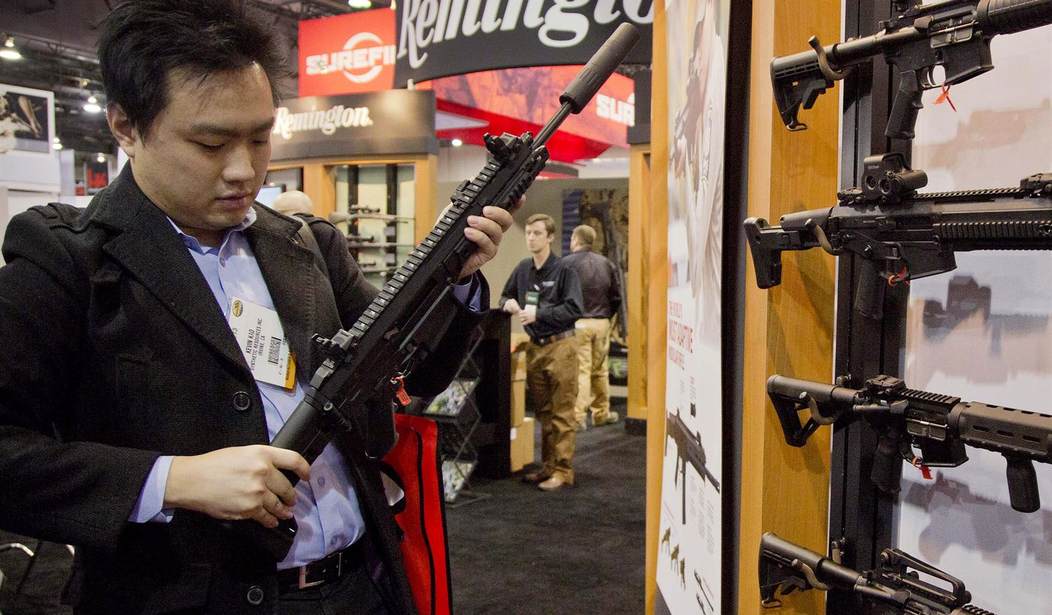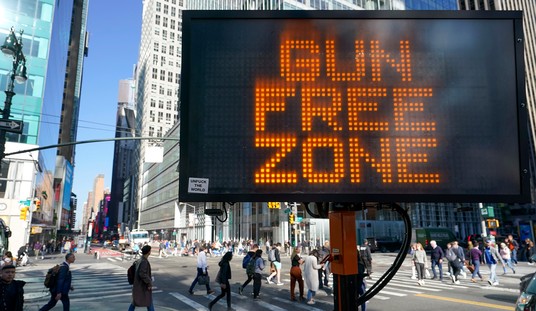For decades, we had pretty much the same gun control laws we currently have, especially on the federal level. During that time, violent crime dropped year over year. Not just that, but gun sales set record after record, telling us that there were just more guns getting out onto the streets.
When anti-gunners claimed that more guns meant more crime, the data really didn’t suggest any such thing. After all, record gun sales coexisting with a continued drop in violent crime meant something. While correlation doesn’t equal causation, there is an argument to be made that negative correlation tells us quite a bit.
Unfortunately, the drop in violent crime wasn’t going to continue forever, and last year it came to an abrupt halt. Over at Vox, they think they know what’s really going on.
The year 2020 saw the largest recorded increase in homicides in United States history — an increase likely propelled by a complex mix of factors, from more guns to stresses of the pandemic to fewer police officers on the streets to a crisis in relations between police and citizens.
But one persistent theory is that a change in policing last summer primarily drove increased gun violence. This is an especially popular explanation among law enforcement figures. Former Baltimore Police Department Deputy Commissioner Jason Johnson recently argued that the real driver of last year’s murder rise was a severe decline in police activity, especially after protests erupted last summer in the wake of George Floyd’s murder.
St. Louis Police Commissioner John Hayden suggested that the police resources devoted to protests prevented officers from engaging in neighborhood policing. Former NYPD Commissioner Ray Kelly said police were “stretched to the limit” by the protests and coronavirus restrictions. Summarizing widespread reductions in stops and arrests, Johnson wrote that “when the Thin Blue Line retreats, violence charges in.”
But data from numerous large American cities complicates that narrative, suggesting that the change in policing alone is not sufficient to explain last year’s large increase in murder and that a growing number of firearms on the streets likely played a significant role.
It’s true that police activity, as measured by stops and arrests, declined significantly in 2020. Still, despite that drop, and weeks before Floyd’s murder and the ensuing protests, police began finding firearms more often than in previous years.
This pattern does not support the idea that overwhelmed police forces weren’t able to take guns off the streets, leading to a surge in violence. Instead, the spike in firearms as a percentage of stops and arrests provides evidence that there were simply more guns on the streets throughout 2020 than in the past, which may have intensified other sources of violence and contributed to the historic rise in murders.
In other words, Vox is arguing that the violent crime surge is fueled by somehow more guns being on the streets. At a minimum, it seems more criminals are carrying guns for some reason.
However, even if their data is correct, there’s a huge problem with the claim. Namely, there’s no real indication that the number of guns in criminal hands actually has increased. For whatever reason, they seem to be carrying them more often, but there’s no evidence that there’s been an influx of guns into the black market.
Instead, the implication is that increased gun sales have somehow led to more criminals being armed. Unfortunately, that doesn’t make a whole lot of sense.
For one thing, gun sales are increasing at gun stores. These dealers conduct criminal background checks, meaning it’s highly unlikely any significant number of these ended up in criminal hands.
Personally, I find it more likely that criminals were simply carrying their guns more often. After all, everyone was nervous during the pandemic. The bad guys weren’t likely to be immune to that. As a result, police likely found more firearms than they normally would. It’s just that simple.
It’s only too bad that Vox isn’t likely to look at it from that perspective. They’re too heavily vested in the idea that guns are bad and we need more gun control, rather than trying to understand that there really are alternate explanations.







Join the conversation as a VIP Member